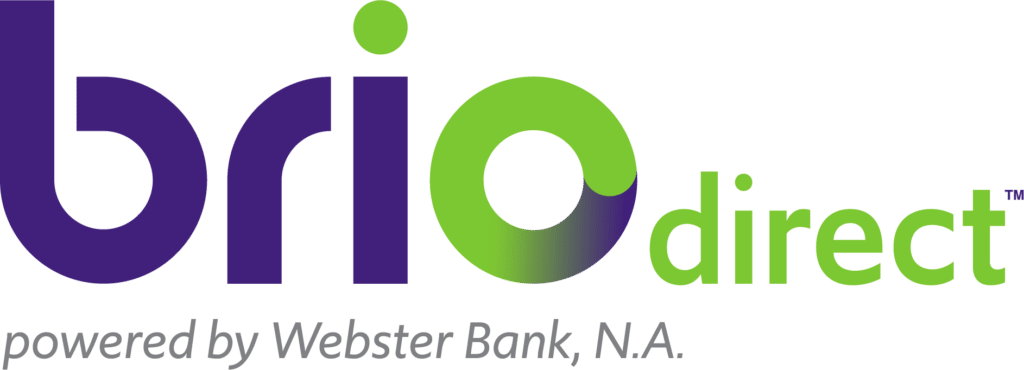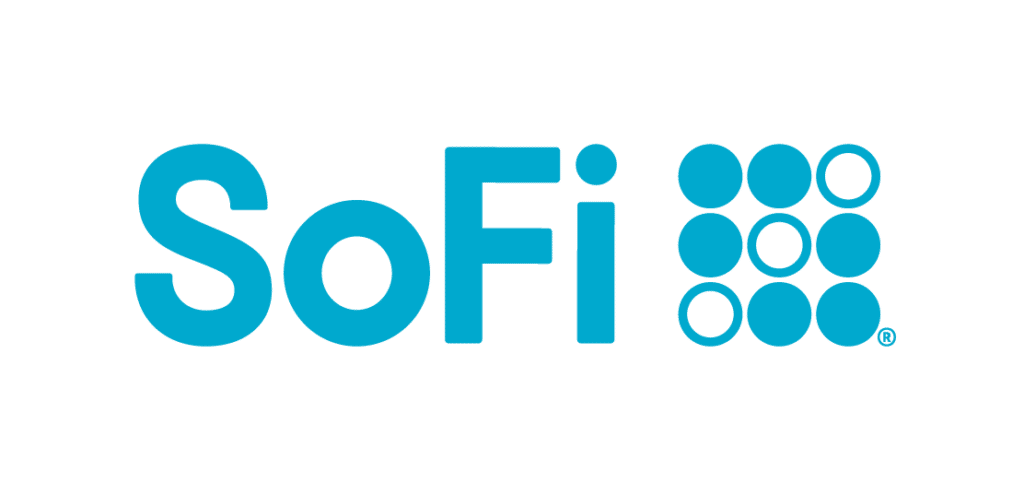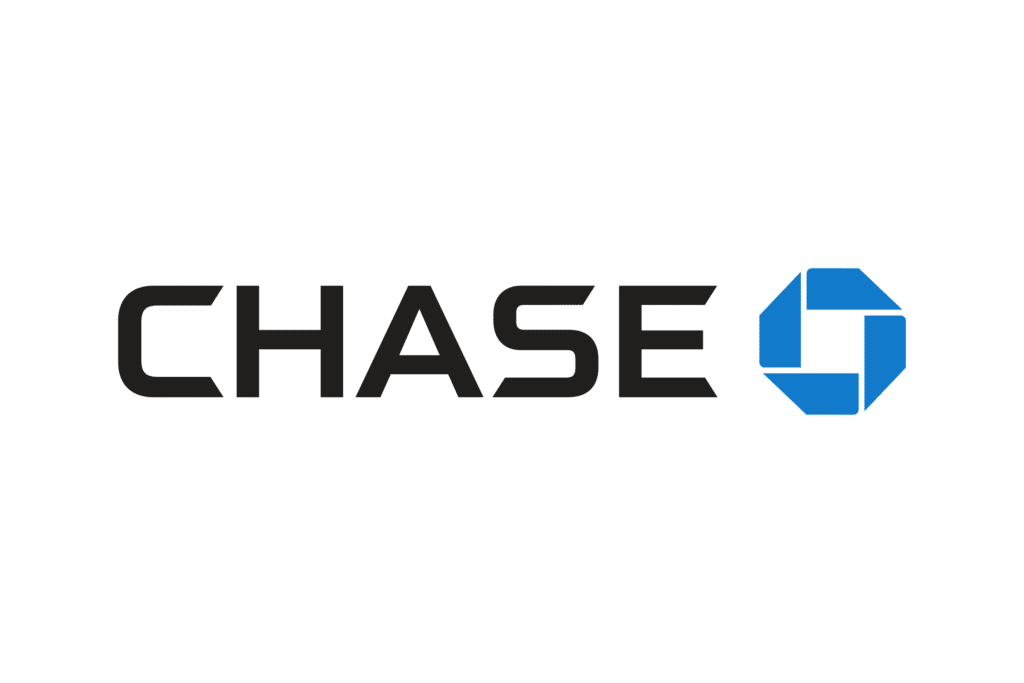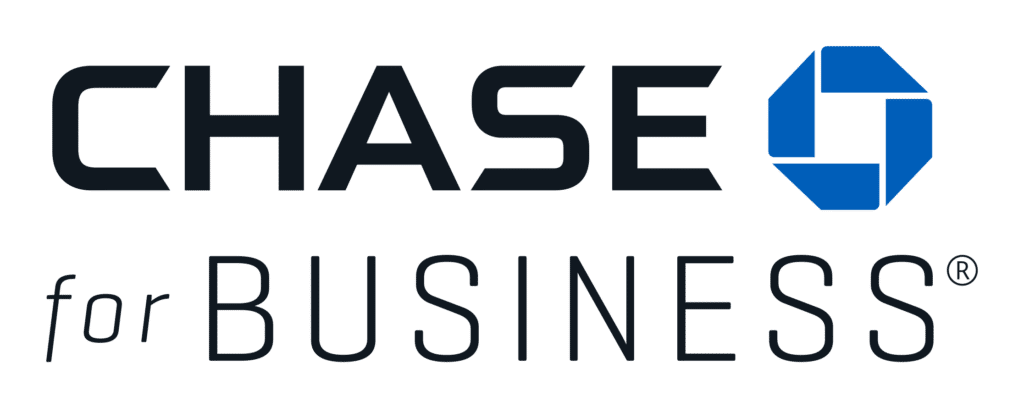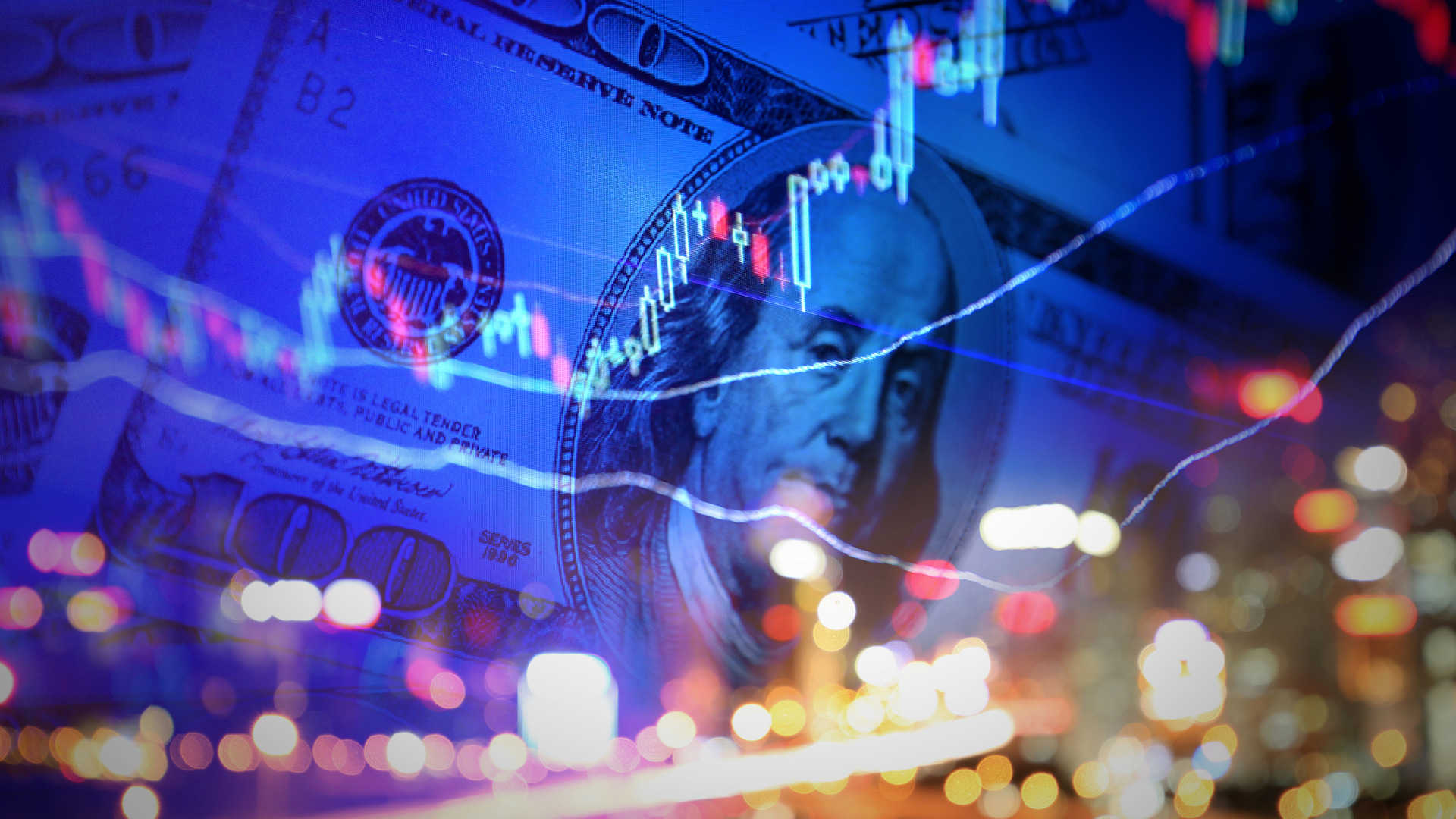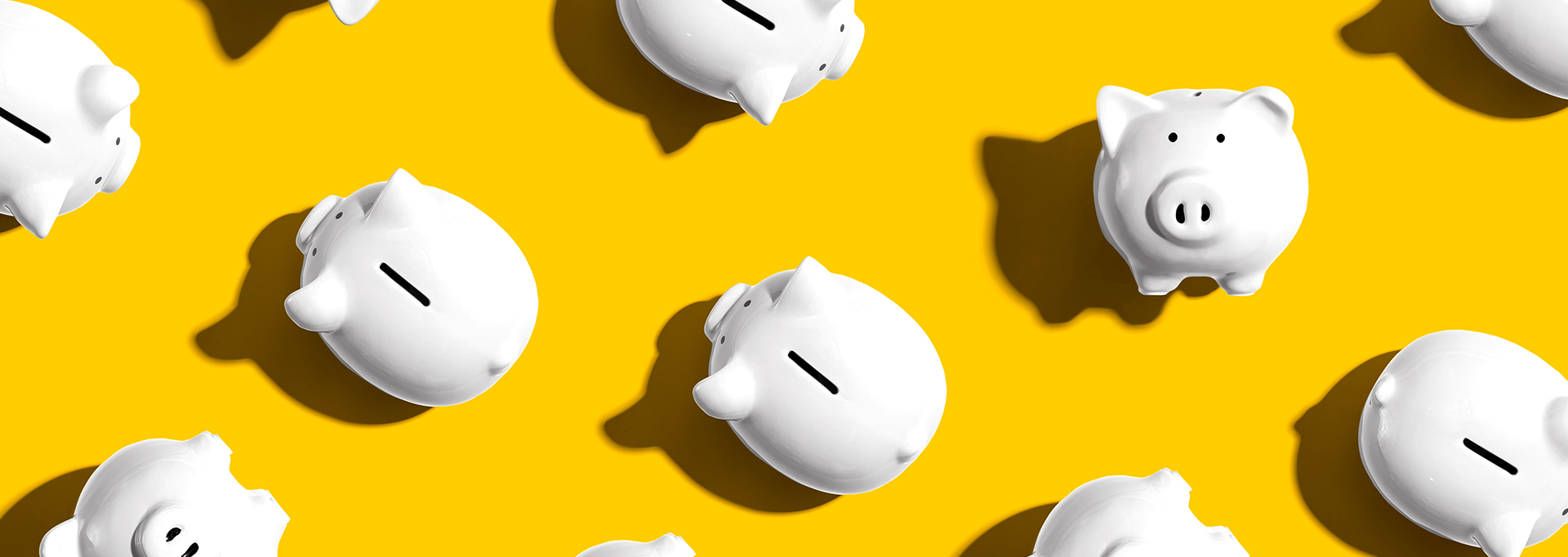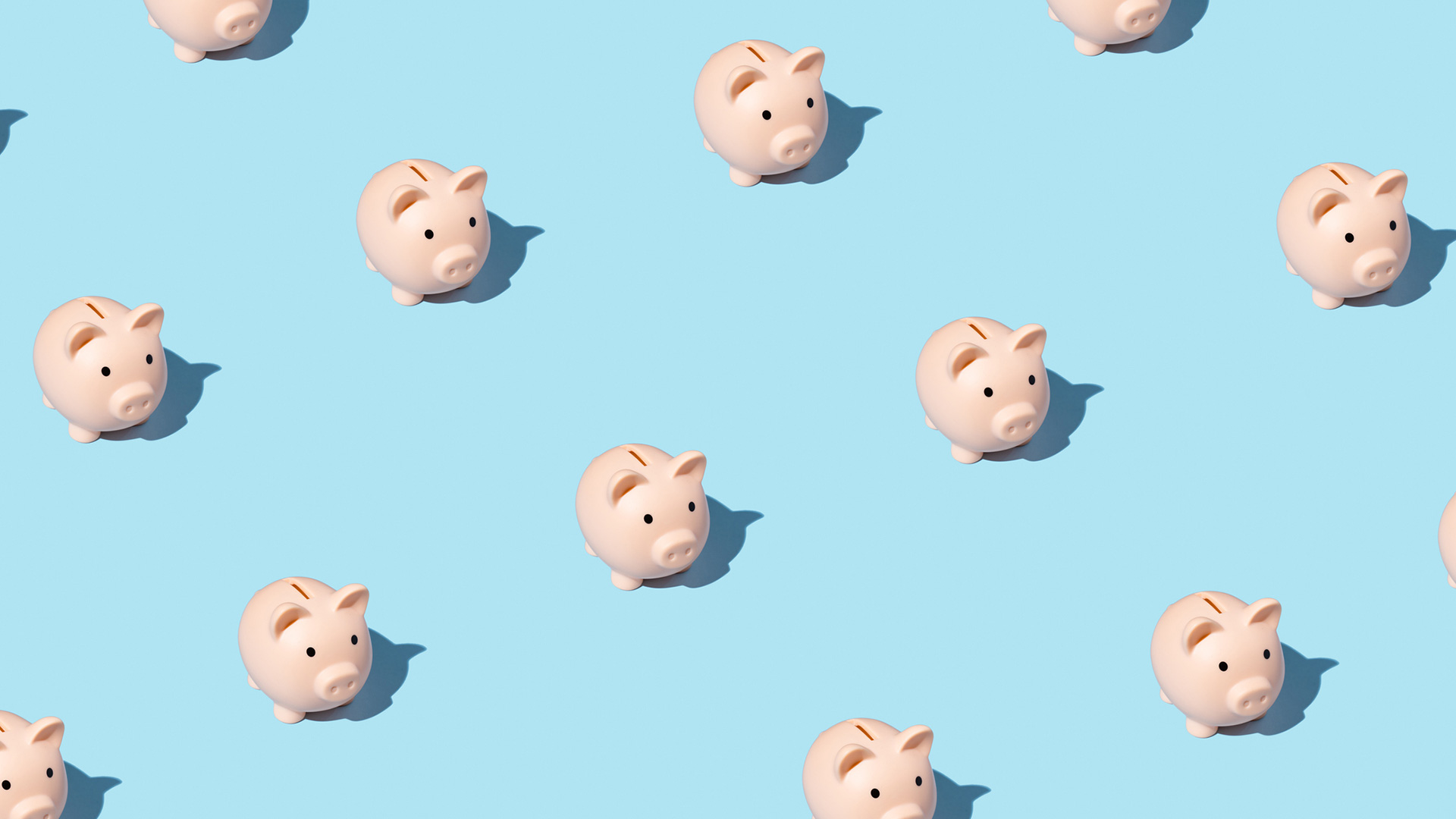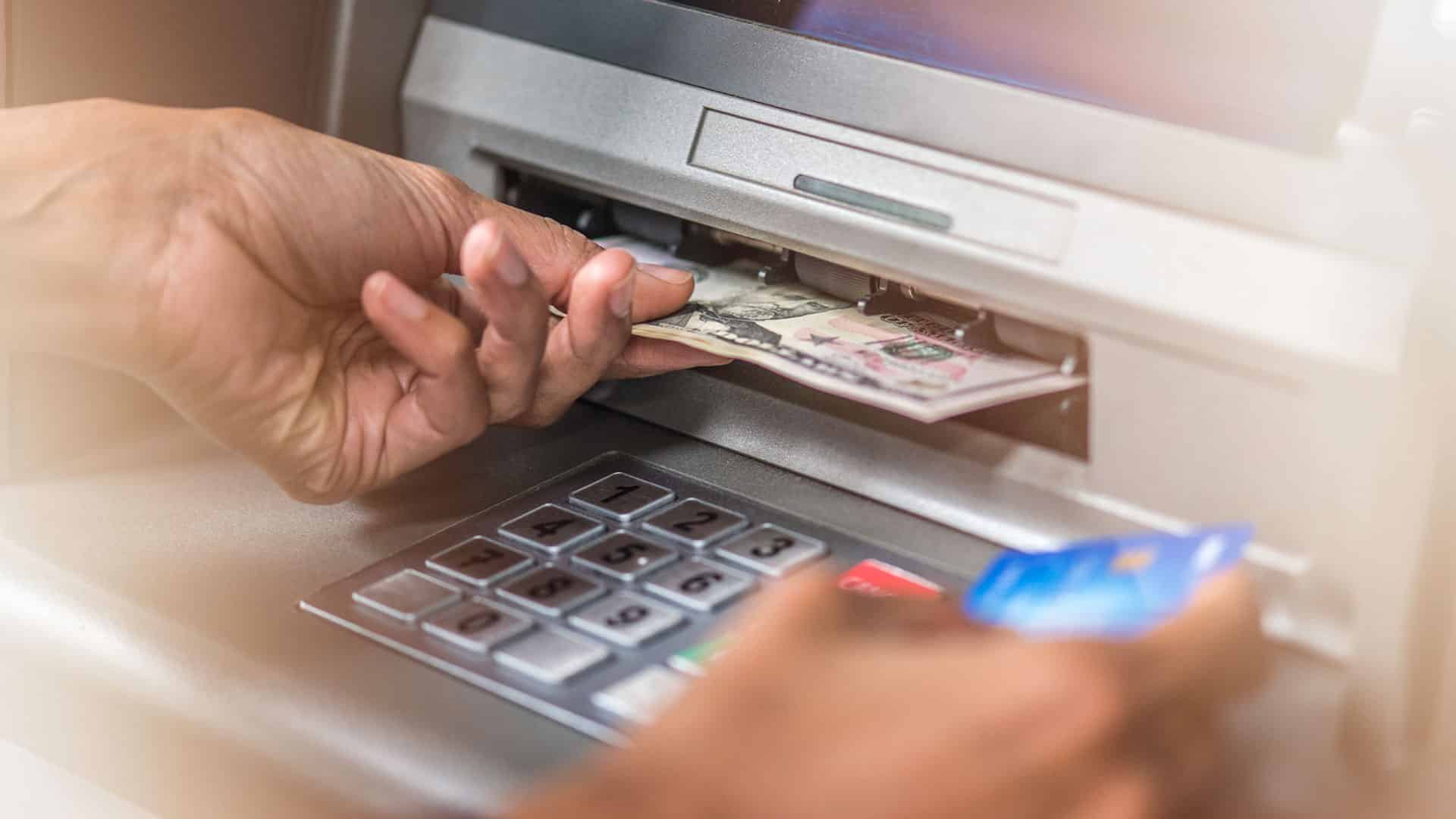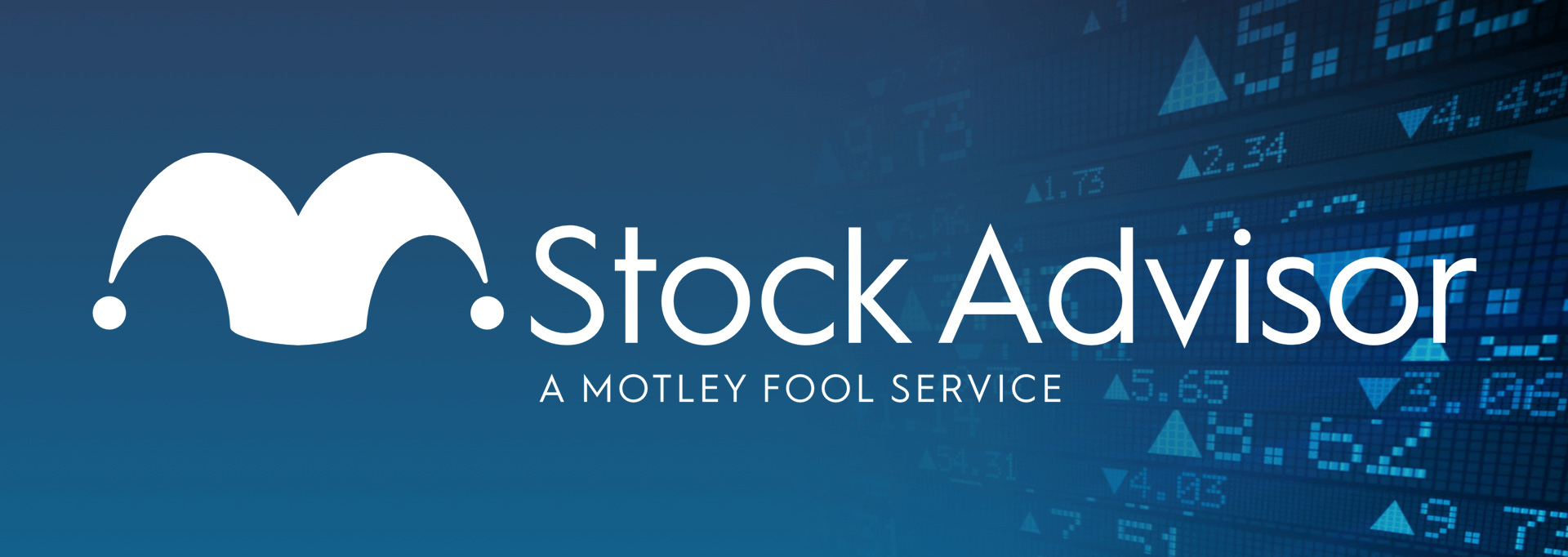Most products on this page are from partners who may compensate us. This may influence which products we write about and where and how they appear on the page. However, opinions expressed here are the author's alone, not those of any bank, credit card issuer, airline or hotel chain.
Saving is an essential part of personal finance. Whether you’re saving for a new car, a new home, a vacation or anything else, it’s important to save regularly and put your funds in the best account for your goals. In many cases, that may be a high-yield savings account or a money market account (MMA). Here's how money market accounts compare with traditional savings accounts so you can find the right account type for your financial future.
Money Market Accounts vs. Savings Accounts
Whether you’re saving for a specific goal or an emergency fund, savings accounts are often the best place to put your money. If you’re signing up for a savings account, you may find several options available. Among the most popular are money market savings accounts and savings accounts.
A money market account is a unique type of savings account available at many banks and credit unions. There are two key differences between a money market account and a savings account: You can typically write checks directly from a money market account account and you might earn a higher interest rate than what you'll find with a traditional savings account. However, the best high-yield savings accounts often beat the APYs on both MMAs and traditional savings accounts.
Recommended High-Yield Savings Accounts
| Bank Account | APY | Features | Learn More |
|---|---|---|---|
|
|
5.30%
*Annual Percentage Yield (APY) is accurate as of 6/4/2024. Rate is subject to certain terms and conditions. You must deposit at least $5,000 to open your account and maintain $25 to earn the disclosed APY. Rate and APY may change at any time. Fees may reduce earnings. |
$5,000 min. deposit |
Open Account |
|
|
5.15%
UFB Direct breaks balances into five tiers, but, currently, there is only one interest rate. |
No minimum deposit |
Open Account |
|
Member FDIC |
0.50% - 4.60%
SoFi members with Direct Deposit or $5,000 or more in Qualifying Deposits during the 30-Day Evaluation Period can earn 4.60% annual percentage yield (APY) on savings balances (including Vaults) and 0.50% APY on checking balances. There is no minimum Direct Deposit amount required to qualify for the stated interest rate. Members without either Direct Deposit or Qualifying Deposits, during the 30-Day Evaluation Period will earn 1.20% APY on savings balances (including Vaults) and 0.50% APY on checking balances. Interest rates are variable and subject to change at any time. These rates are current as of 10/24/2023. There is no minimum balance requirement. Additional information can be found at http://www.sofi.com/legal/banking-rate-sheet. |
No minimum deposit |
Open Account |
|
|
5.00%
Earn 5.00% APY on balances over $5,000. Balances of less than $5,000 earn 0.25% APY. Annual Percentage Yield is accurate as of May 6, 2024. Interest rates for the Platinum Savings account are variable and subject to change at any time without notice. |
$100 minimum deposit |
Open Account |
What Are Money Market Accounts?
Money market accounts are a type of savings account available at many banks and credit unions. When you’re looking to sign up for a new savings account, you may see MMAs listed as an option as well.
As mentioned, you get two main benefits with an MMA—the account may feature a higher interest rate than other savings accounts. And they may come with an optional checkbook, which you don’t get with regular savings accounts.
You may have a higher minimum balance requirement to avoid fees with an MMA (if there are any recurring fees). But it’s very similar to a standard savings account.
What Are Money Market Funds?
Money market accounts shouldn’t be confused with money market funds. Money market funds are a type of mutual fund. Money market mutual funds invest in short-term assets like U.S. Treasuries, CDs, commercial paper and short-term loans to the U.S. government or other banks. You can invest in a money market mutual fund through a brokerage account.
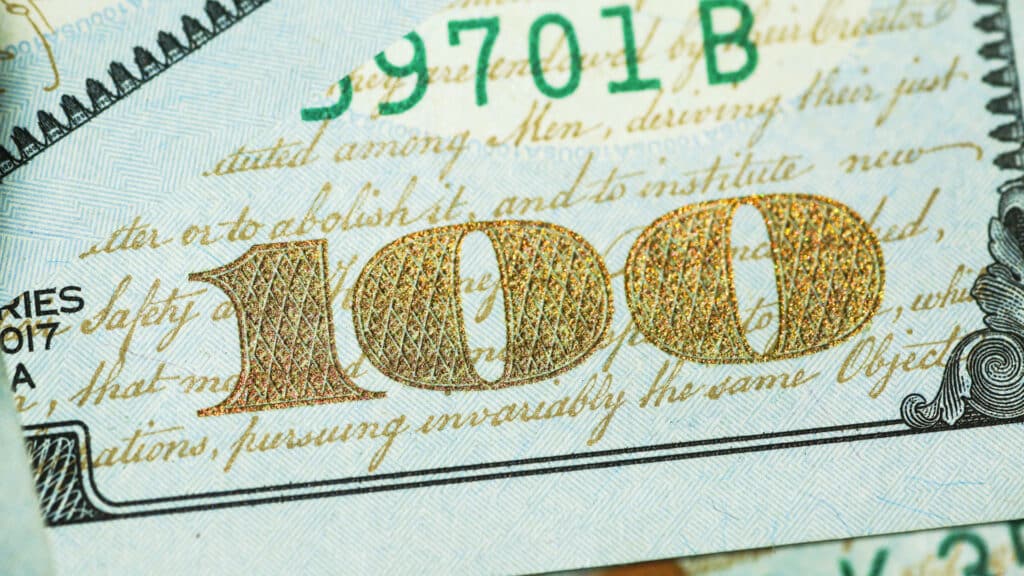
11 Ways to Invest $100 for Beginners (and Grow It to 6 Figures)
Money Market vs. Savings Accounts: Key Features
Here’s a look at the key features of MMAs and savings accounts:
| FDIC/NCUA Insured | Earn Interest | Debit / ATM Card | Check-Writing | Minimum Balance to Avoid Monthly Fee | |
|---|---|---|---|---|---|
|
Money Market Account |
Yes |
Yes |
Yes |
Usually |
Higher |
|
Traditional Savings |
Yes |
Yes |
Sometimes |
No |
Lower |
Money Market vs. Savings Accounts: Similarities
Here are some features that savings account and MMAs have in common:
- FDIC or NCUA insurance: Most financial institutions are members of the Federal Deposit Insurance Corporation (FDIC) or National Credit Union Administration (NCUA). If you have an account with FDIC or NCUA coverage, deposits are covered for up to $250,000 per depositor per account per financial institution. If your bank goes out of business, the government will pay you back for your deposits up to these limits.
- Interest rates: Banks make money by lending out the money their customers keep on deposit. They share some of that income with depositors in the form of interest. Higher interest rates are better. Use annual percentage yield (APY) to compare banks and accounts.
- Debit card: Many savings accounts and money market savings accounts come with an optional debit card. You can use this to get cash from an ATM, and if your card has a Visa or MasterCard logo, you can use it for purchases as well.
- Withdrawal limit: Many accounts have a monthly limit of six withdrawals. If you need to withdraw more often, consider a checking account instead. Teller withdrawals, ATM withdrawals, debit card purchases, online transfers and checks all count toward the monthly limit. At some banks, it’s not a big deal if you go over once or twice. However, it could lead to fees or account closures, depending on the account.
- Minimum balance requirement: The best savings accounts don’t have any recurring fees or minimum balance requirements. However, they are common among many traditional banks. If you fall below the minimum balance requirements for your account, you could wind up paying around $10-$20, which is more interest than many people earn per year from their accounts.
- Other fees: Most bank accounts come with a fee schedule. While you probably won’t need many cashier’s checks or other less common services, make sure there are no fees for anything you plan to do regularly.
Recommended Bank Bonuses
| Bank Account | Intro Bonus | Minimum Deposit | Learn More |
|---|---|---|---|
|
Member FDIC |
$50-$300Expires December 31, 2024
See full terms and disclosures at sofi.com/banking. Direct Deposit Promotion begins on 12/7/2023 and will be available through 12/31/24. SoFi members with Direct Deposit can earn 4.60% annual percentage yield (APY) on savings balances (including Vaults) and 0.50% APY on checking balances. There is no minimum Direct Deposit amount required to qualify for the 4.60% APY for savings (including Vaults). Members without Direct Deposit will earn 1.20% APY on savings balances (including Vaults) and 0.50% APY on checking balances. Interest rates are variable and subject to change at any time. These rates are current as of 10/24/2023. There is no minimum balance requirement. Additional information can be found at http://www.sofi.com/legal/banking-rate-sheet. |
N/A | Open Account |
|
|
$300Expires October 16, 2024
New Chase checking customers enjoy a $300 bonus when you open a Chase Total Checking® account with qualifying activities |
N/A | Open Account |
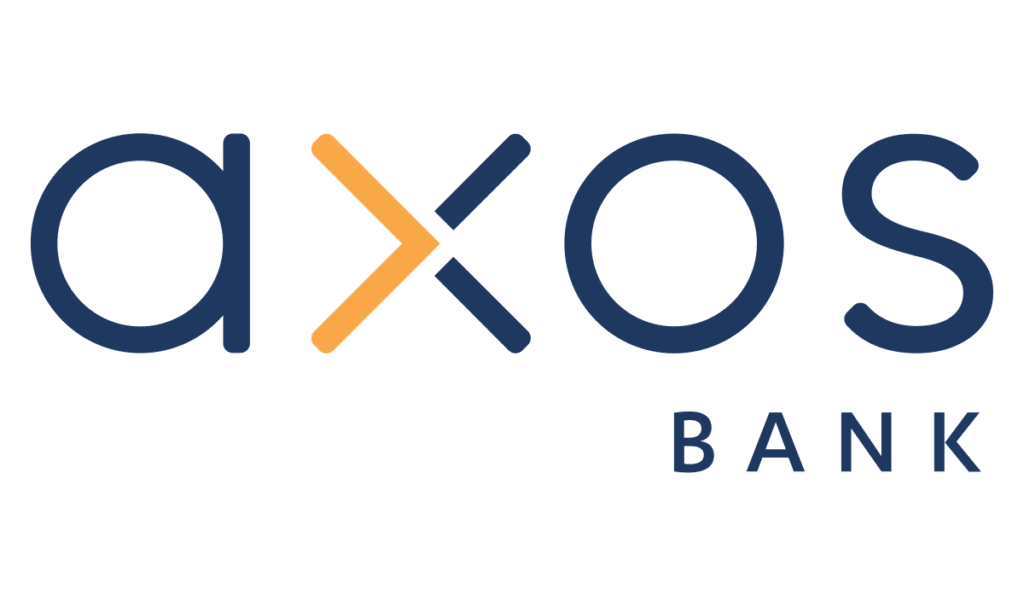
Axos Rewards Checking Account |
Up to $500Expires July 31, 2024
Cash in on up to a $500 bonus† and up to 3.30% APY* with a new Rewards Checking account. Just use promo code RC500 before July 31. |
N/A |
This product is currently not available via Slickdeals. All information about this product was collected by Slickdeals and has not been reviewed by the issuer. |
|
|
$300Expires October 17, 2024
Earn $300 when you open a new Chase Business Complete Checking® account. For new Chase business checking customers with qualifying activities. |
N/A | Open Account |
When to Choose a Money Market Account
Here are three questions to ask yourself when deciding if you should open an MMA:
- Which account a higher interest rate? Rates are typically low on most traditional savings accounts. Unless one account has higher fees and you expect to pay those fees, you’re better off with an account that has the highest interest rate. If a high APY is what you're after, check out the best high-yield savings accounts, too.
- Do I need to write checks? While it’s convenient to use checks, fewer people rely on that option these days. If it's a serious requirement for you, it may be worth picking an MMA even if it has a lower interest rate.
- Is there a higher minimum balance requirement? Many banks don’t charge any recurring monthly fees, so you may not have to worry about this. But if you find an account with this fee, only sign up if you can meet the requirements to waive the fee or get other benefits that outweigh that cost.
Explore the Best Money Market Accounts
Visit the Marketplace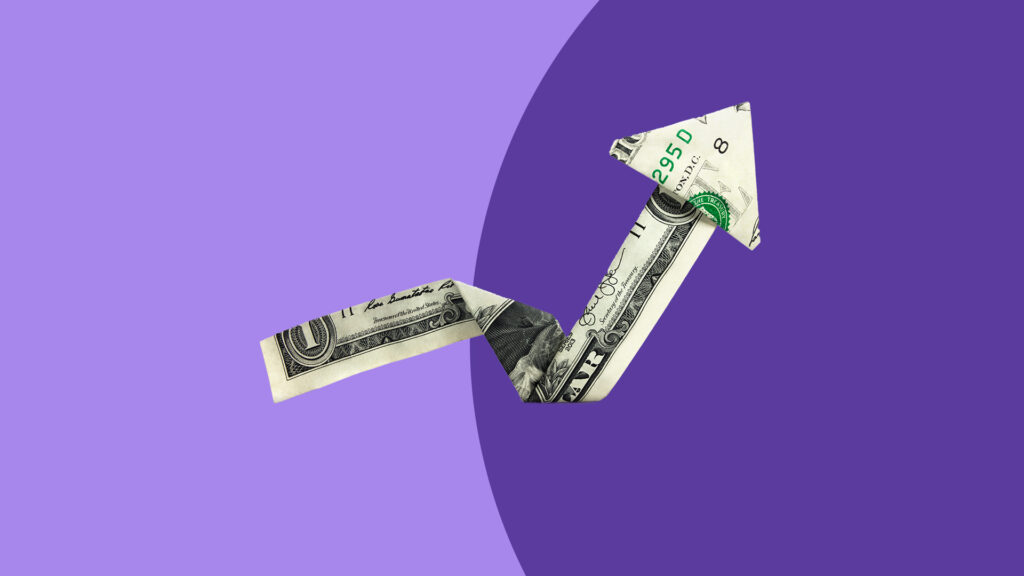
Pros and Cons of Money Market Accounts
If you’re still on the fence, here are the main pros and cons of money market vs. savings accounts to consider:
Pros
- Fairly similar to a regular savings account
- Higher interest rates than traditional savings accounts
- Check-writing privileges
Cons
- Often has a higher minimum balance requirement
- May have higher monthly fees
Should You Get a Money Market Account or Savings Account?
There are no perfect savings accounts for everyone, but you likely can find the right account for your unique savings needs. Whether you want to keep an emergency fund tucked away in a high-interest account, are saving up a down payment or need money for any other short-term to medium-term goal, a money market account or other high-yield savings account could be a perfect option.





